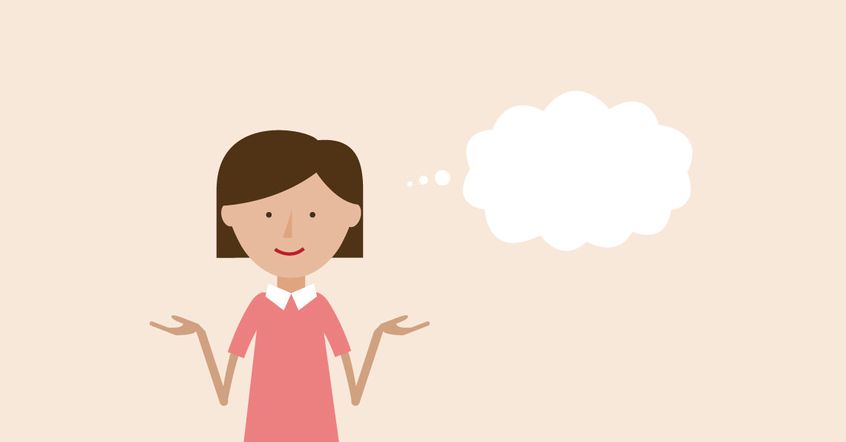“Is this fair?” Developing critical consciousness in our learners
Editor’s Note:
This is an updated version of a blog post published on June 12, 2019
Everyday discussions around inequality help learners step out of their own world and see the bigger picture. Children who develop critical consciousness now, can make a positive impact on society when they grow up.
“What is climate change?” asked one of my learners in Year 5. I was surprised they didn’t know and I took the opportunity to explain and discuss it with them.
Moments like these provide us with space to unwrap important current issues and help children develop critical consciousness. This means going beyond factual knowledge and into the deeper realm of critical thinking.
Can critical consciousness make a difference to society?
Over the last hundred years, educational thinkers have developed a number of theories about the purposes of education. Let’s look at four of them.
The Perennialist
Perennialists believe that the purpose of education is to transfer knowledge from teacher to pupil to carry forward a common cultural heritage.
The Essentialist
Essentialists are skills-focused. They aim to teach what is essential for people to function well in society. They value knowledge for knowledge’s sake and often the transfer of knowledge is traditional and didactic, requiring little critical engagement from students.
The Progressivist
Progressivists are child-centred. They focus on holistic individual development and seek to enable students to adapt to a constantly changing society, ready to address major issues.
The Reconstructionist
Reconstructionists believe the purpose of education is to form and shape society through the formation of active and critical citizens. When our curriculum and pedagogy are reflective of Reconstructionist purposes, students are equipped to engage with issues of justice and equality in meaningful, powerful, and practical ways.
What is the purpose of education?
When you think about the purposes of education, do you identify with one or a mixture of these theories?
Where does your heart lie? And your head?
If you find it difficult to pin down which purpose resonates most for you, consider that the root to purpose is found in our values. Each of these purposes are rooted in specific values, some of them for profit or efficiency, others for freedom and equality or love, care, and hope.
Spend some time reflecting on the two or three values you treasure most highly in life and you will probably find them surfacing at one of the purposes of education described above.
How can we integrate critical consciousness into curriculum and pedagogy?
Creating critical consciousness in students through the way we practice curriculum and pedagogy can be an opportunity to help learners grapple with issues of justice.
This can motivate learners and prepare them for having a voice in society as adults. Of course, this needs to be carried out with sensitivity and thought by selecting themes which are appropriate for each age group to engage with.
How does this look in practical terms?
Many of the themes in the English national curriculum have scope for engaging with issues of social justice. If you sit and brainstorm around a theme looking for issues of injustice you will probably be surprised by what is exposed. For example:
Subject | Social Justice Issue | Key Questions |
|---|---|---|
Maths: fractions and percentages | Wealth inequality | One percent of the world’s population owns more than half of the world’s wealth. Is this fair? |
Science: animals including humans or animal habitats | The destruction or pollution of animal habitats | Why does this happen?How can we prevent it? |
History: invaders and settlers | Genocide | What was the impact of Europeans arriving in North and South America?Does this still happen today? |
Geography: physical and human | Climate changeEnvironmental refugees | How do people impact the world’s climate?What can we do about it? |
Exposing both sides of the equality/inequality story in this way is known as critical pedagogy. Inspirational educationalists such as Paulo Freire (Brazil), bell hooks (US), and Alex Moore (UK) have been advocates for this approach since the 1960’s.
While to some it seems too contrived, to Reconstructionists, it’s a view that empowers students to think critically about social issues, to see different points of view or a range of perspectives on a situation, and then to respond thoughtfully. As critical educators it leads us to the question of politics.
Do we see education as a political act or not?
If we don’t, then critical pedagogy and engaging with the purpose of education may not be something that grabs us. If, however, we can see that equality of opportunity and justice for all is something we need to do better in our society, then it’s a journey worth taking.
One place to start is by reading the work of Paulo Freire, who “persistently invited teachers to fully embrace life, rather than to surrender our existence to the stifling forces of economic and social injustice” (Antonio Darder).
As teachers, when we take up that invitation, we can then extend it to our learners.
Wouldn’t that give us hope for the future?
References:
Freire, Paulo (1970) Pedagogy of the Oppressed. London: Penguin Random House.
Darder, A. (2009) Teaching as and act of Love: Reflections on Paulo Freire and his contribution to our lives and work. Counterpoints volume 418.
